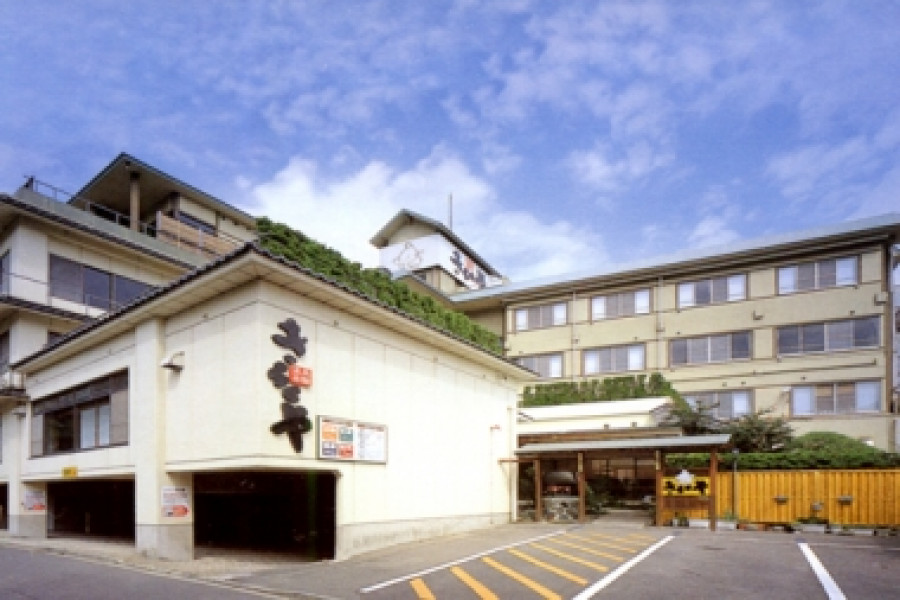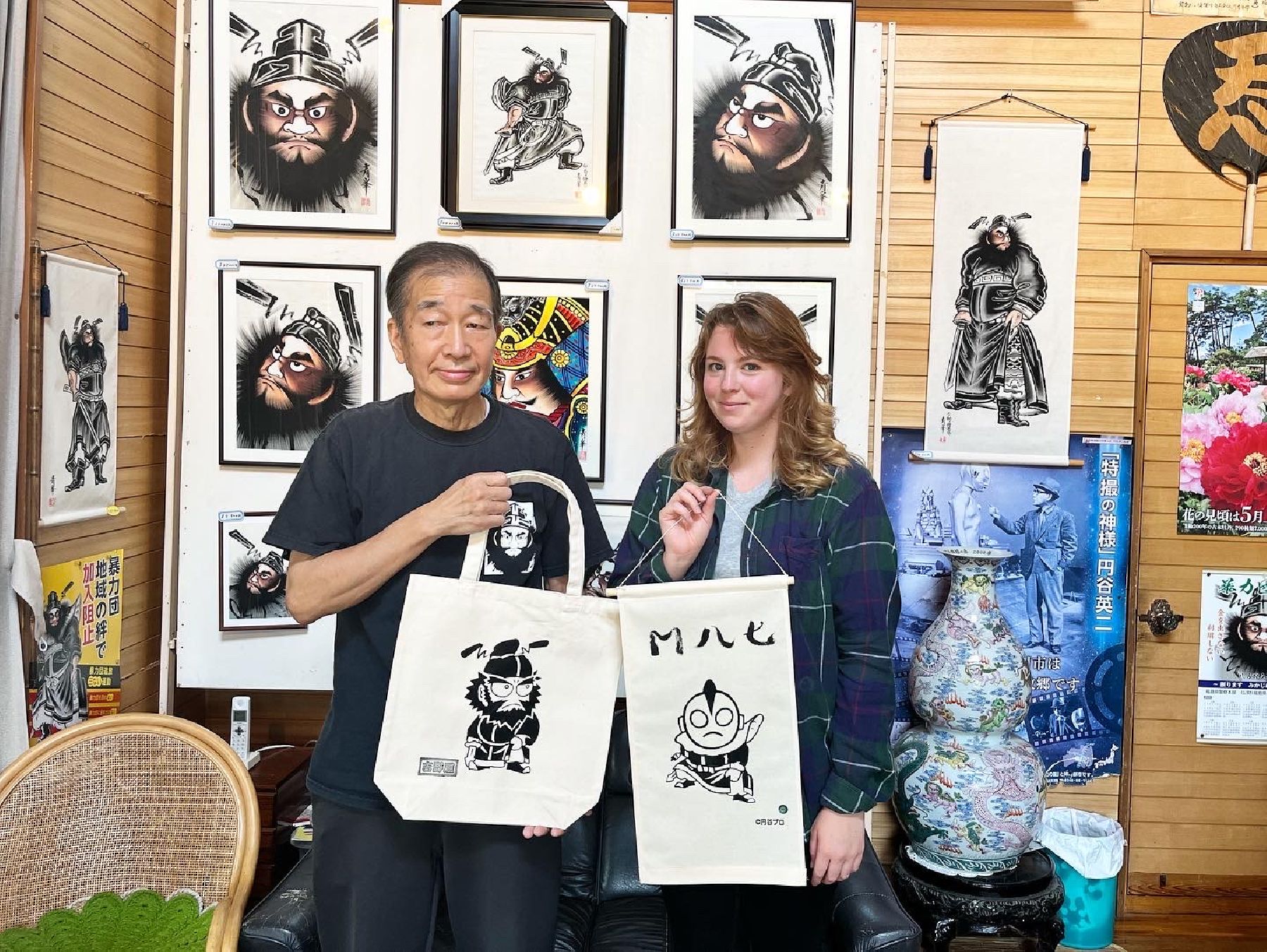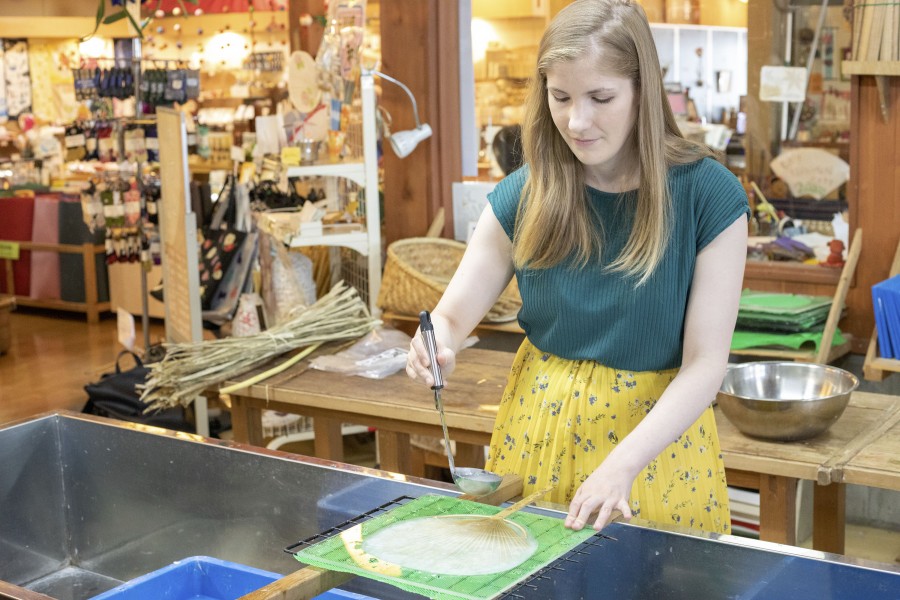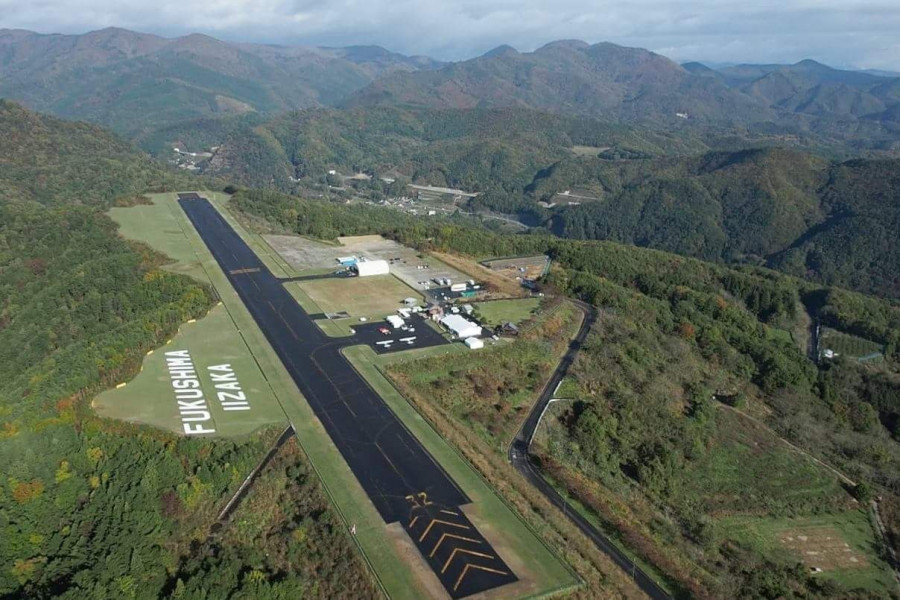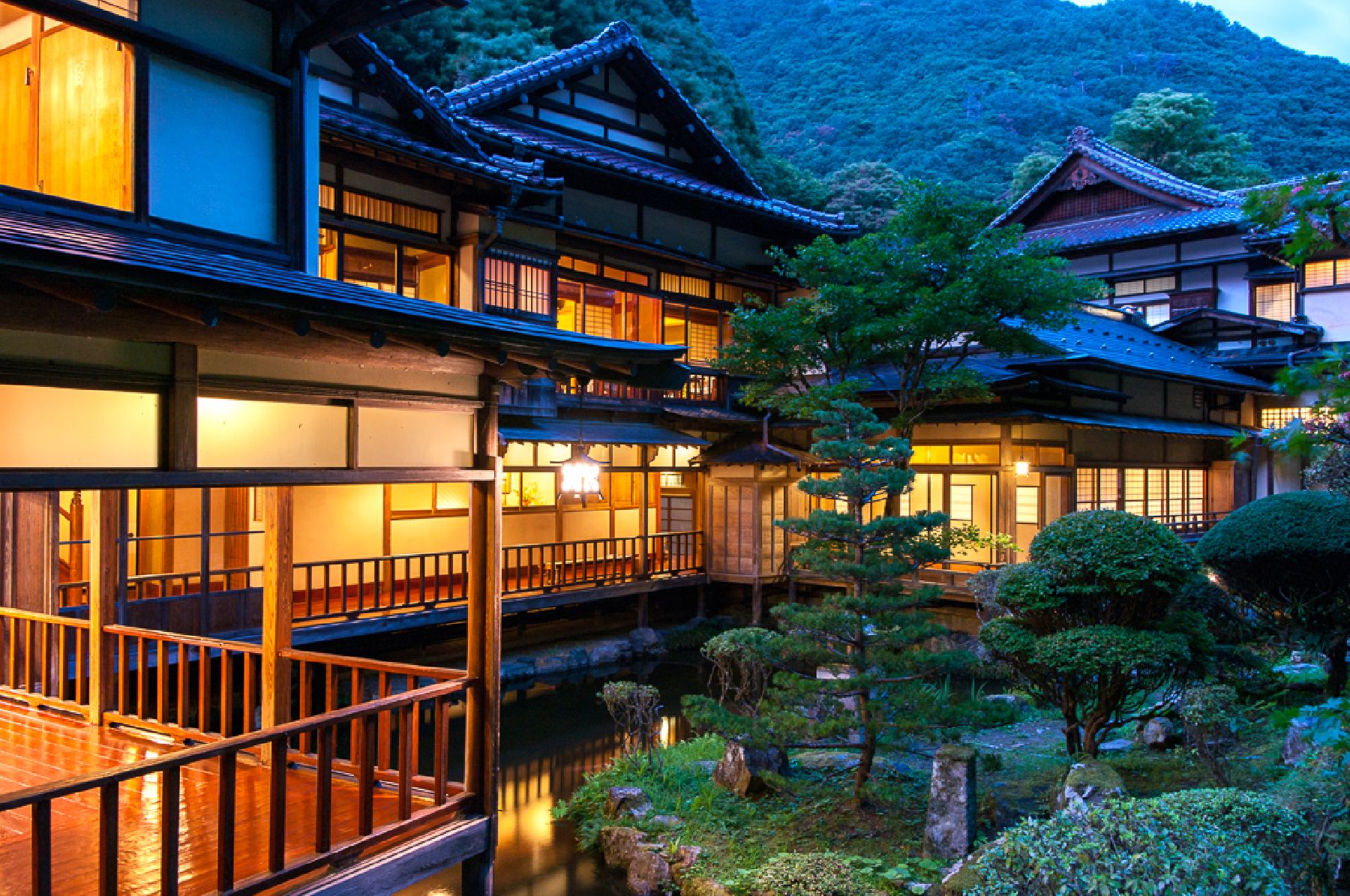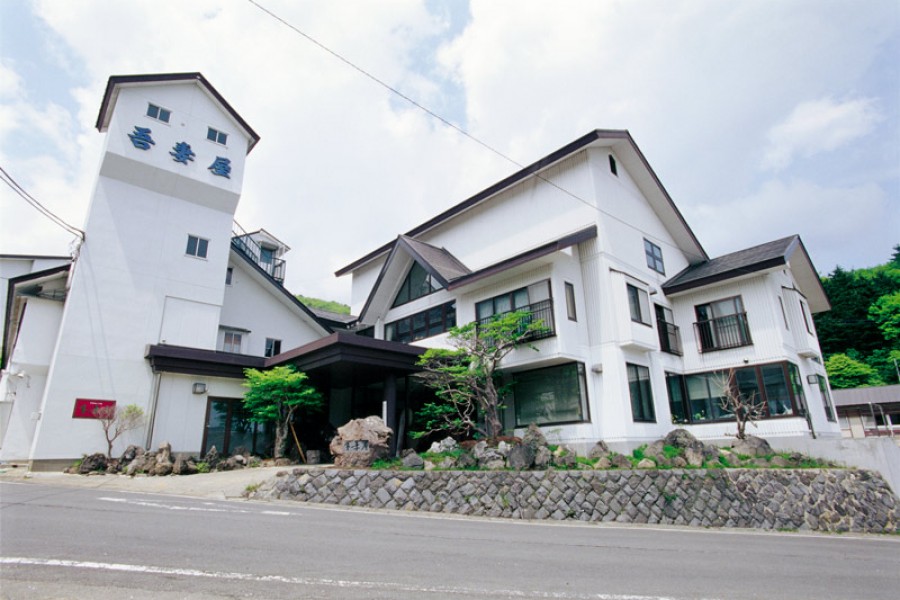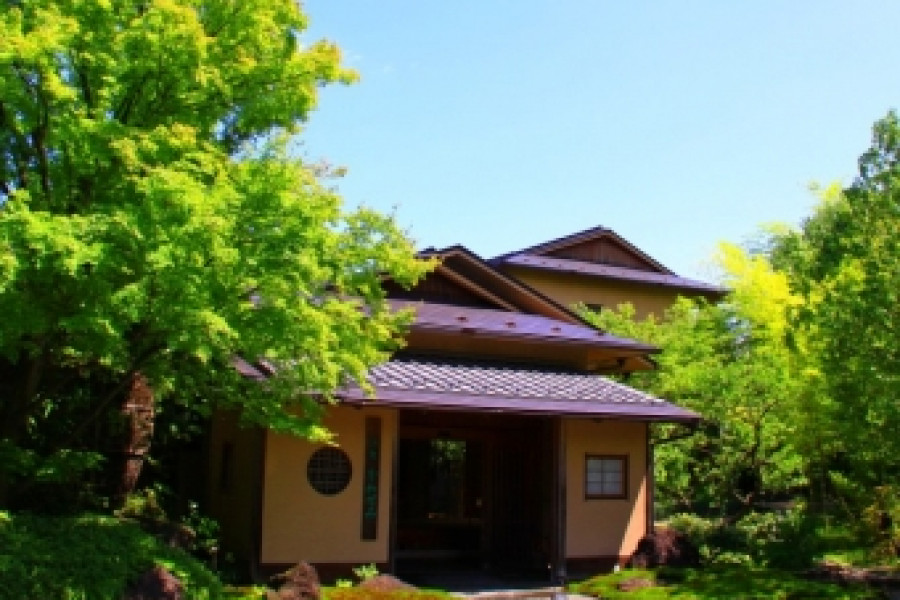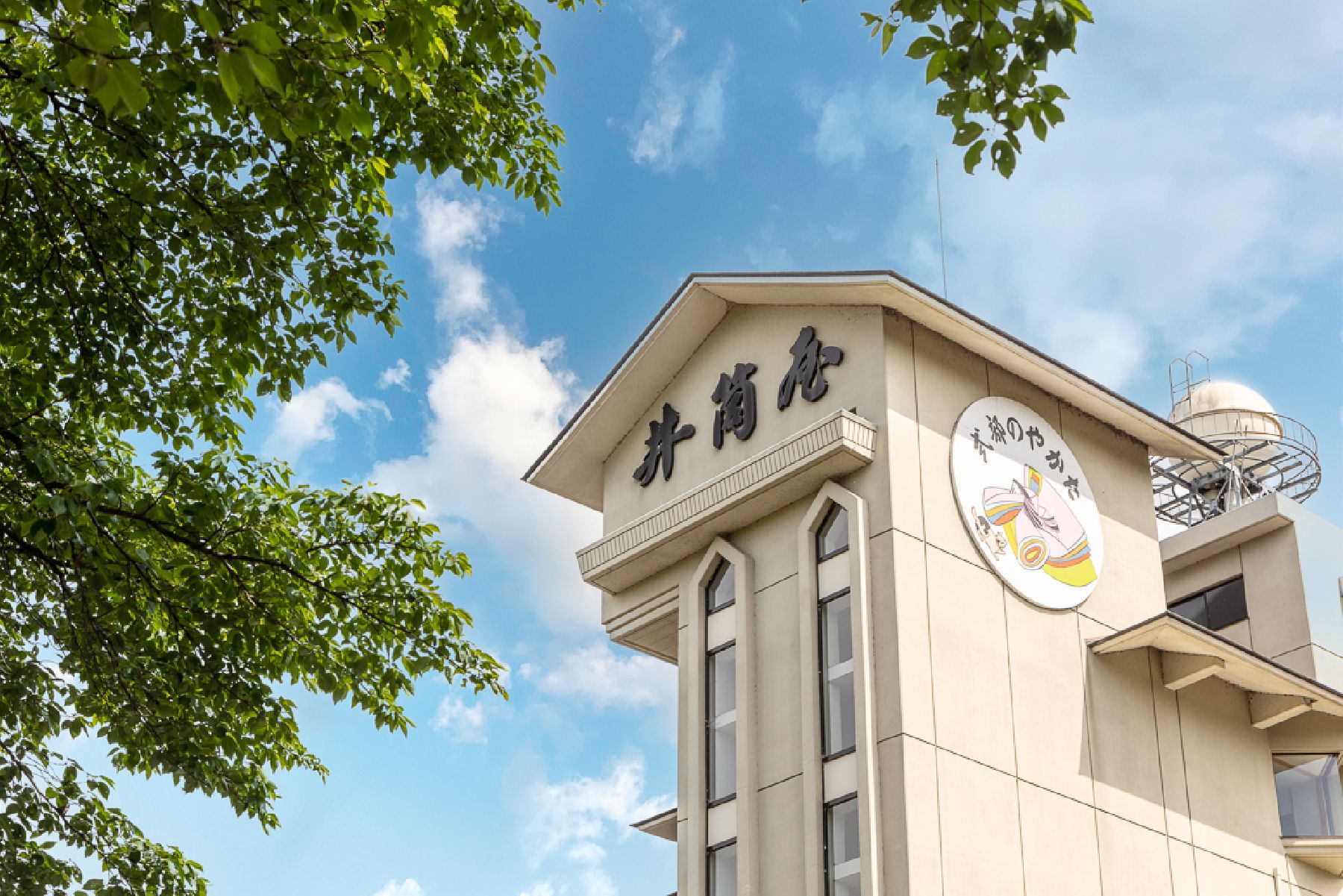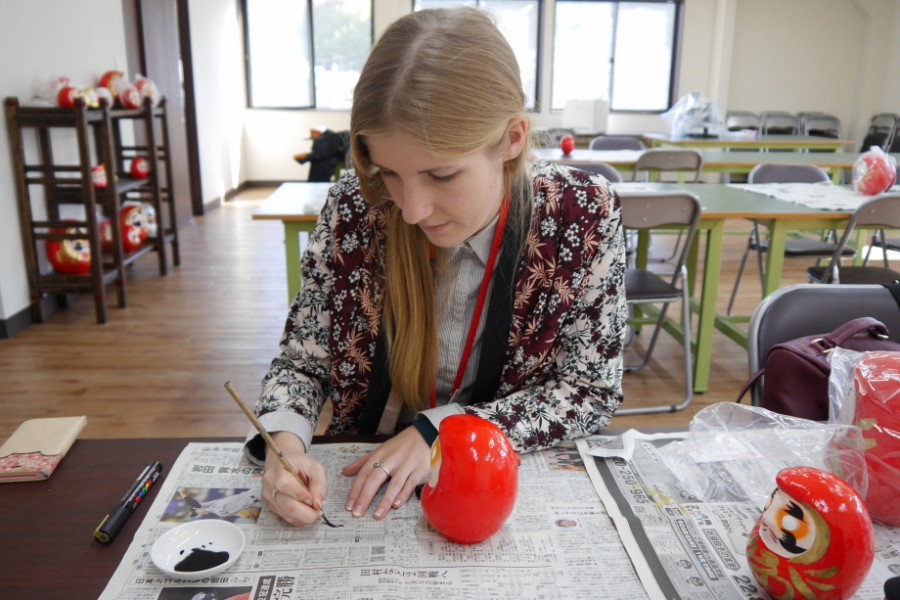
Design Your Own Shirakawa Daruma
There are records of Shirakawa Daruma (Japanese traditional dolls) being sold as far back as the feudal reign of the Niwa Domain in 1627. Current Shirakawa Daruma are known as “Shirakawa Tsurugame Shochikubai Daruma.” The faces of these dolls are painted to incorporate various animals and plants, with the eyebrows representing cranes, the mustache representing a turtle, the ears representing pines and plum trees, and the beard representing bamboo or pine trees. All of these images are thought to bring good luck. The daruma is known to be a very classical, lucky talisman, started by Matsudaira Sadanobu, the lord of Shirakawa, when he hired the renowned painter Tani Buncho to paint the now famous face on the daruma doll. Once every year a large Shirakawa Daruma Market is held to celebrate and sell the beloved daruma dolls. You can paint your own daruma at the two daruma workshops in town!
